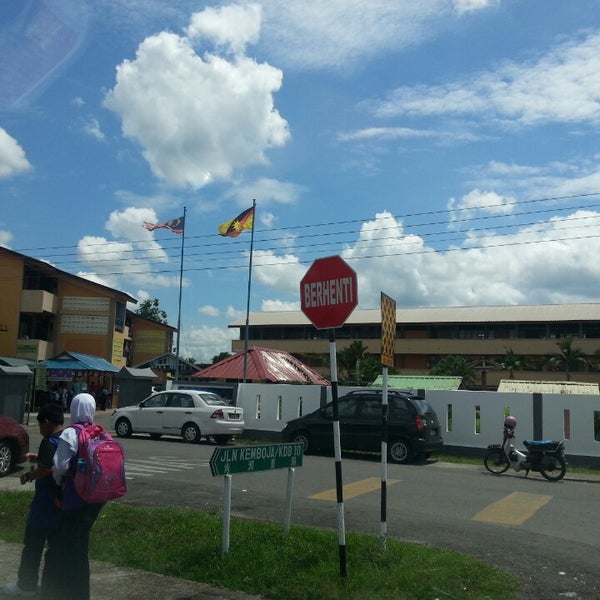Do you know that Abang Ali Primary School was actually SUDC Primary School, No.1, Sibu?
In 1953 the United Nations declared universal education to be the right of every child in the world.
The Commonwealth Office in the UK decided that it should rise to the occasion and provide similar facilities to all its colonies in the world. After all, the Commonwealth was already looking at its sunset.
The Sarawak Government, having been advised, took some action and looked at the affairs of the primary schools in the colony. The job was given to the Local Government and the Urban District Councils were tasked to plan for "council" primary schools which would add to the already existing religious, mission and Chinese primary schools. This was timely as the population of Sarawak was growing very fast.
According to the Sarawak Gazette and other sources, in 1952 there were only 4 teachers in the council's employment attached to Abang Ali School.,Sibu And there was no record that the school was actually in a wooden house. (to be revised later) there is only one black and white photo to show.
Abang Ali Primary school was actually SUDC No.1 and its building was completed in 1959 (RM160,000) It became the biggest school for the kampongs in Sibu.

The S.U.D.C. No. 2 School (now SRK Perbandaran Sibu No. 2) was completed in 1960 at a cost of RM58,000 and the additional block of this school was completed at about RM56,000 in 1965.


The planning of S.U.D.C. No. 3 School (now SRK Perbandaran Sibu No. 3) was made in 1960 and construction was completed at a cost of RM34,000 in 1961. The additional block of this building was completed in 1966 at about RM38,000. There were 471 school children with 13 teachers as at 1967.
The S.U.D.C. No. 4 School (now SRK Perbandaran Sibu No. 4) was built and completed in 1963 at a cost of RM33,000. The Government contribution in the form of grants was made to the Council to meet all the expenses of the Council's school programme.

All information sourced from several Sarawak Government websites and Sibu Municipal Council.
All information sourced from several Sarawak Government websites and Sibu Municipal Council.



No comments:
Post a Comment